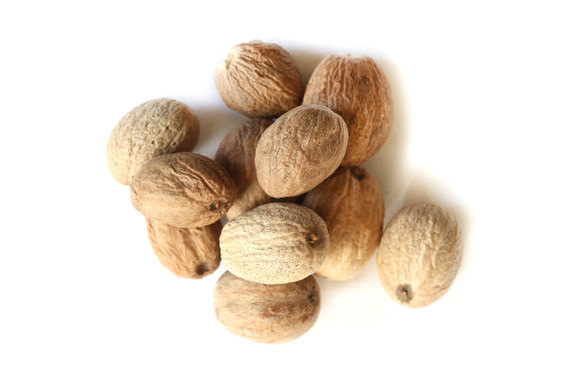Bird’s eye chili is commonly found in Ethiopian and southeast Asian cuisines. This small pepper with a punch is a variation of Capsicum annuum. It has a hot burn with a slightly fruity flavor. Also referred to as Thai chili, bird’s eye chili peppers can be used in stir fry, soups, salads, and condiments.
Chili is the Aztec name for Capsicum annuum. It has been used both as a food and a medicine by Native Americans for over 9000 years. The Capsicum family includes bell peppers, red peppers, paprika, and pimento, but the most famous medicinal members of the family are cayenne and chile. The tasty hot peppers have long been used in many of the world's cuisines, but their greatest use in health comes from, surprisingly, conventional medicine. Capsicum annuum is a member of the nightshade family, Solanaceae.
Our bird’s eye chilis are typically between 75,000 – 125,000 HU and considered very pungent. The pungency of a chili pepper has historically been measured using the Scoville scale, which assigns heat units (SHU or HU) using a subjective assessment to determine the concentration of capsaicin in a pepper. Capsaicin is an active component of chili peppers, responsible for the warming and occasional burning sensations felt. Developed by American pharmacist, Wilbur Scoville, the Scoville scale remains the most common way of classifying the heat of a pepper, although modern, lab-based testing methods are now being used.
The burning sensation of hot peppers is a reaction of the central nervous system to capsaicin; unlike horseradish, wasabi, garlic, ginger, and mustard, capsaicin only causes the sensation of damage, not real damage to tissues.
Precautions
Excessive use may cause gastrointestinal irritation. Not to be exposed to broken skin or eyes. We recommend that you consult with a qualified healthcare practitioner before using herbal products, particularly if you are pregnant, nursing, or on any medications.
This information has not been evaluated by the Food and Drug Administration. This product is not intended to diagnose, treat, cure, or prevent any disease. For educational purposes only.












